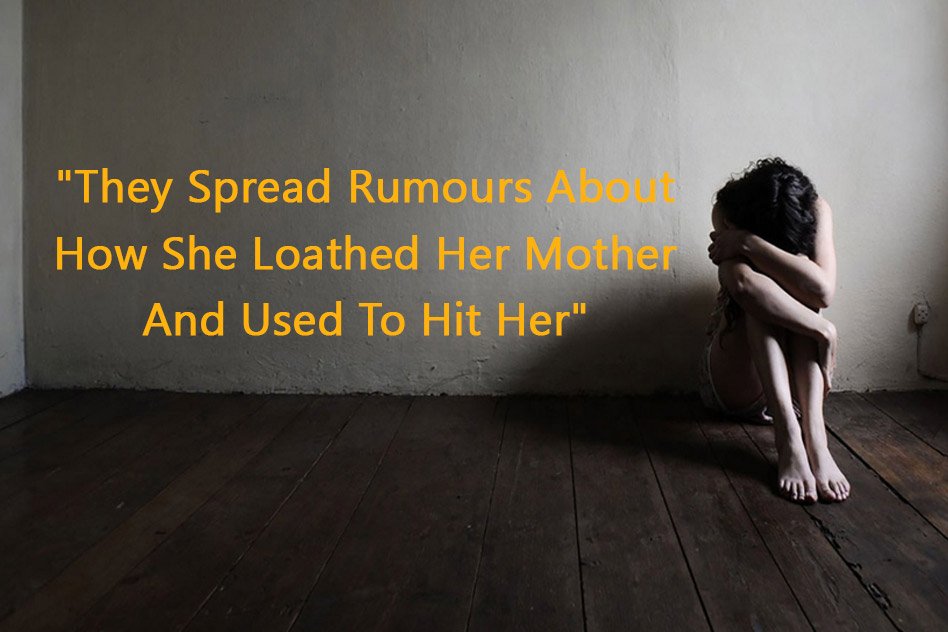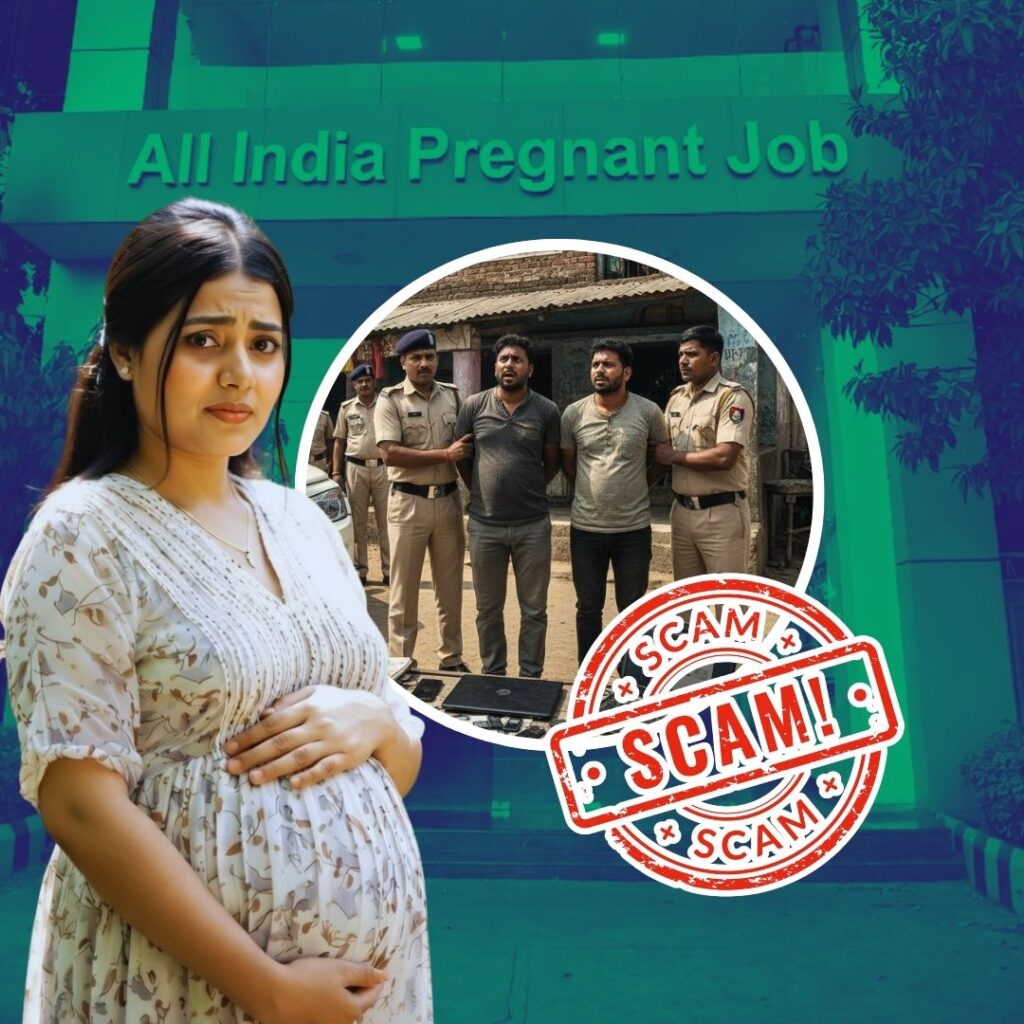“Every class has that one kid, the weirdo, the one who isn’t exactly fun to hang out with. The one who seems to have issues beyond comprehension.
In my class, that was Priyanka Shah (name changed). Priyanka happened to be my mother’s colleague’s daughter and we lived in the same neighborhood.
Priyanka did have friends – they just didn’t seem to be aware of her problems. The Shahs were an affluent family. Seven years into her marriage, Mrs. Shah (Priyanka’s mother) started showing symptoms of age regression. She started acting like a child and threw fits. Her mental age was reverted to that of a 5-year-old. She became unable to do even the most basic tasks on her own. Priyanka had to grow up seeing her mother turn into a child. But her father tried his best to help Priyanka live a normal life. Her mother required treatment for the rest of her life to be kept under control. She wasn’t to lead a normal life.
Priyanka and I used to chat on the bus rides back home from school. She seemed way older than her age: not in a mature way but more in a way of her clinging to her lost innocence. It was obvious that she desperately wanted to lead a normal life, as any teenage girl would have wanted.
As Indian neighbors go, people around started cooking up stories about her life. The things that went around were horrific to say the least. They said she loathed her mother and used to hit her. The maid who worked at my home once rattled on about how she was a messed-up brat and about how she saw her ride behind a guy on a bike. Some even had the nerve to gossip that she slept with her father. All this about a 15-year-old!
We seem to have an inability to see that those with mental illnesses are also human beings with dignity, empathy,and aspirations for their family. The gossip-mongers never seemed to realise how their words were making Priyanka feel detached and miserable.
By the 11th grade, Priyanka had finally shaken the negativities off and was preparing for her medical entrance examination. It was at this time that Mrs Shah was diagnosed with Stage IV ovarian cancer. Priyanka’s life now come to a screeching halt. She prepared for her 11th grade finals in the hospital room while switching shifts with her dad. They did go for chemotherapy but the cancer had already spread to the liver and lungs. Mrs Shah’s days had been numbered.
Over the course of Mrs Shah’s battle with cancer, when I met her, Priyanka talked to me about how the doctors and her family believed the tumour was a result of having only one child. It was mortifying that people actually told a mentally ill patient and her vulnerable teenager such an uninformed conclusion.
Mrs Shah passed away at her home 20 days into her relapse.
Priyanka had started trying to move on as it was her crucial final year at school. We had group studies for the classes we had in common. We both thought about how being a woman was unfair: you have to deal with the risk of dying while giving birth or you get cancer if you don’t. That caused me stress for a long time for I have always considered not having kids as an option. If I don’t have a kid will I not be a complete woman? Is that why my body would punish itself?
This particular myth was debunked only recently during a chat with a group of friends where the topic of childbirth came up. I was reminded of the dilemma in the back of my head and did my research. Ovarian cancer is not directly linked to having fewer children, although it is cited in many places as a cause. Ovarian cancer is the result of various factors like exposure to estrogen for a long period of time, smoking, infertility etc. Fewer number of children is a link to infertility and there hasn’t been any solid research evidence that having more children lowers the risk.
If a highly educated family can believe such an idea, it is hard to imagine how we can dispel all the stigmas placed on people from not-so-well-off sections of society.
This International Women’s Day, let us pledge to not give in to stereotypes or stigmas. Let us empower each other through education and knowledge and facts. Above all, let us pledge to be there for each other. Every human being is a story. We can never know the struggles of our friends or parents if we do not talk to them frankly about the same. Only by bonding can we progress in a positive direction.”
Submitted by: Drishya SN











